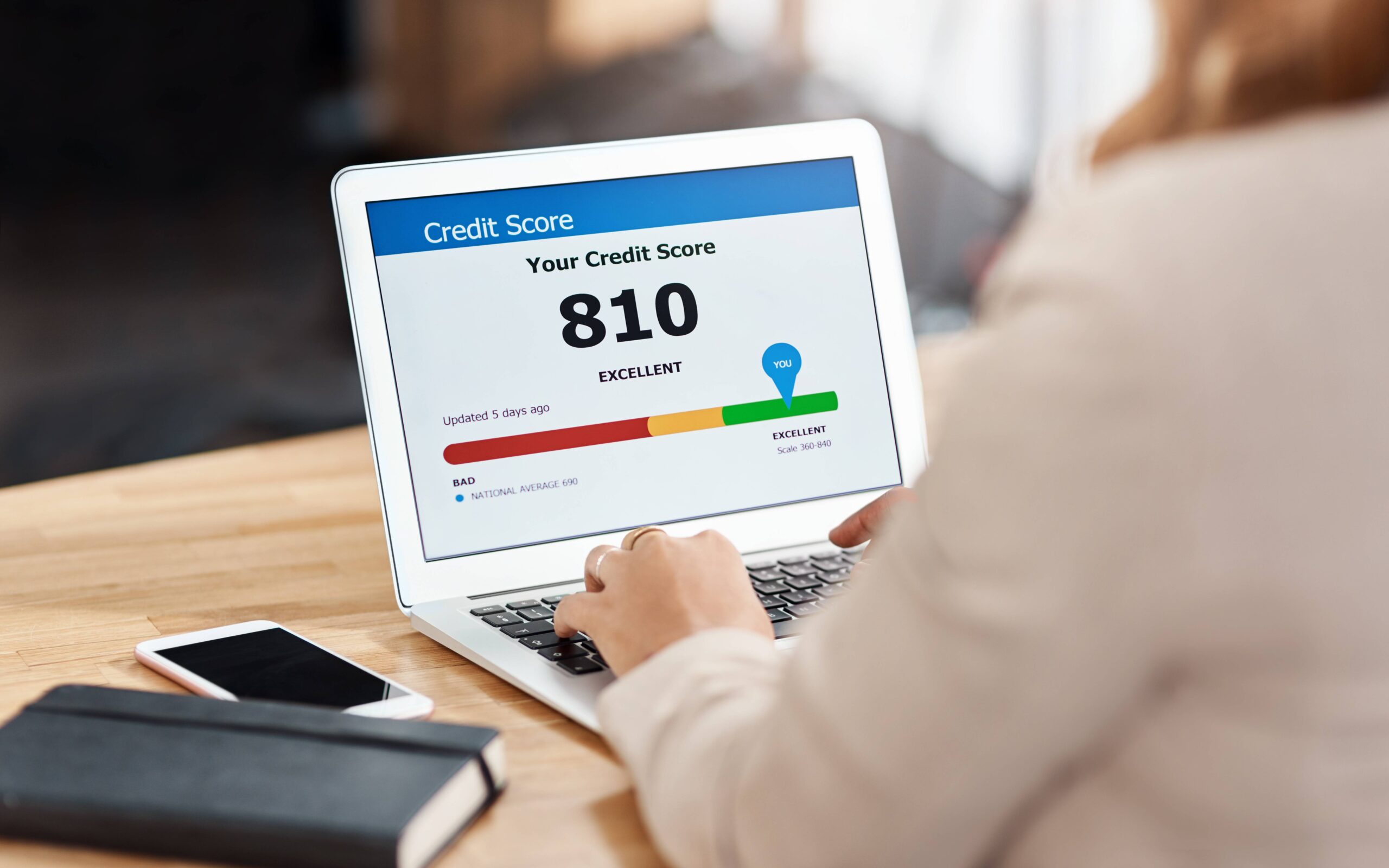Understanding Credit Scores: Tips to Improve Yours
Updated: Dec 16, 2025
Your credit score plays a big role in your financial life—whether you’re renting an apartment, applying for a loan, or even setting up a utility account. Learn how credit scores work and how you can raise yours without paying for expensive services or getting overwhelmed.

What Is a Credit Score?
A credit score is a number that shows lenders how likely you are to repay money you borrow. It’s based on your credit history, which includes your payment behavior, types of credit accounts, and how much debt you’re carrying. Most credit scores fall between 300 and 850. The higher your score, the better your chances of getting approved for credit and securing lower interest rates.
There are different scoring models, but the most common is the FICO Score, used by about 90% of lenders. Another is the VantageScore, which works similarly but may weigh some factors differently. Both scores pull data from your credit reports, which are kept by three main credit bureaus: Equifax, Experian, and TransUnion.
Why Your Credit Score Matters
Even if you’re not planning to take out a loan soon, your credit score can affect many parts of your daily life. A good score can make it easier to:
-
Get approved for credit cards or personal loans
-
Rent an apartment without a cosigner
-
Qualify for lower auto or home insurance rates
-
Avoid deposits on utilities or cell phone plans
On the flip side, a low score could mean higher interest rates or denied applications—costing you more money in the long run. That’s why improving your score is one of the smartest moves you can make for your financial future.
What Affects Your Credit Score
Understanding what goes into your score can help you know where to focus your efforts. FICO scores are calculated using five categories:
Payment history (35%)
Your history of paying bills on time is the biggest factor. Late or missed payments can hurt your score quickly.
Amounts owed (30%)
This refers to how much of your available credit you’re using, especially on credit cards. Keeping your balances low—ideally below 30% of your limit—can help your score.
Length of credit history (15%)
The longer you’ve had credit accounts open, the better. This shows that you have more experience managing credit over time.
Credit mix (10%)
Lenders like to see that you can handle different types of credit, such as credit cards, car loans, and student loans. You don’t need every type, but having a mix can help.
New credit (10%)
Applying for a lot of new accounts in a short time can hurt your score slightly. Hard inquiries (which happen when you apply for credit) stay on your report for up to two years, though the impact fades over time.
How to Check Your Credit Score for Free
You don’t need to pay to see your credit score. Many banks and credit card companies offer free scores as part of their service. You can also check your credit reports for free at AnnualCreditReport.com. This is the official site to request reports from Equifax, Experian, and TransUnion.
While these reports don’t always include your score, they show the full details of your credit history—useful for spotting errors, checking your balances, and seeing what lenders see.
Websites like Credit Karma and Credit Sesame also offer free credit scores and personalized tips. These services are safe and widely used, though they typically show VantageScore rather than FICO.
How to Improve Your Credit Score
Improving your score takes time, but there are steps you can take today that make a difference. Start with the basics and stay consistent.
Always pay on time
Late payments have a big impact on your score. Set reminders or automate your payments so you never miss a due date. Even paying the minimum amount on time helps.
Pay down credit card balances
High balances hurt your score, especially if they’re close to your limit. Try to pay off small balances first, or use the debt snowball or avalanche method to work through larger amounts.
Avoid opening too many new accounts at once
Each credit application can lower your score by a few points. Only apply when you really need to, and space out your applications by several months.
Don’t close old credit accounts
Even if you’re not using a card anymore, keeping it open helps your credit age and total available credit. Just make sure it doesn’t carry annual fees or get forgotten.
Dispute errors on your credit report
Mistakes happen, and fixing them can give your score a quick boost. If you find an error, file a dispute with the credit bureau. They’re required to investigate and correct it within 30 days.
Use a secured credit card to build or rebuild credit
If your score is low or you’re new to credit, a secured credit card is a safe place to start. You put down a deposit, use the card like normal, and your activity gets reported to the credit bureaus.
Become an authorized user
If a family member or friend has good credit, they can add you as an authorized user on their credit card. You don’t need to use the card—just being added can boost your score if their account is in good standing.
How Long Does It Take to See Results?
Credit scores don’t change overnight, but progress can start showing within a few months. Positive habits like on-time payments and lower credit use are usually reflected in your score after 30 to 60 days. Bigger changes, like recovering from collections or bankruptcy, can take a year or more.
The key is to stay patient and consistent. Even small improvements—like raising your score from 580 to 620—can make a big difference in the types of credit and interest rates available to you.
Where to Get More Help
If you’re feeling overwhelmed, there are free and low-cost resources that can help you manage your credit.
Nonprofit credit counseling services like NFCC (National Foundation for Credit Counseling) offer one-on-one support and help you create a personalized plan. They can also assist with debt management programs if you’re struggling to keep up with payments.
Local banks or credit unions sometimes offer credit education workshops or free consultations. Libraries, community centers, or city government websites may also provide financial education programs or referrals.
Final Thoughts
Understanding and improving your credit score doesn’t have to be complicated. With a little knowledge, the right habits, and a few smart tools, you can take control of your credit and open new doors to financial stability. Whether you’re building credit for the first time or repairing past mistakes, every positive step you take helps you move forward.

